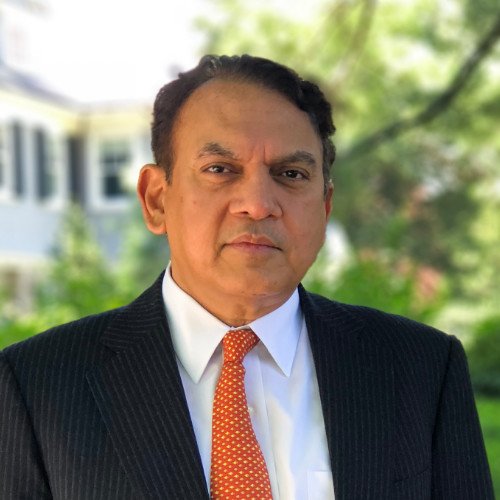By Satish Jha
The indefinite suspension of Jimmy Kimmel from his ABC late-night perch, following his barbed monologue on the assassination of conservative firebrand Charlie Kirk, lays bare the fragility of free speech in America’s polarised media landscape. On September 15th, Mr Kimmel quipped that the MAGA crowd was “desperately trying to characterise this kid who murdered Charlie Kirk as anything other than one of them”, implying the suspect’s motives aligned with right-wing zeal.
The remark, delivered before prosecutors revealed Tyler Robinson’s apparent leftward drift—from a conservative family to pro-LGBTQ+ views—has since ignited a firestorm, complete with FCC threats and presidential glee.
What began as comedy risks ending as cautionary tale, underscoring how swiftly outrage can topple even the most entrenched entertainers.
Kirk, the 31-year-old founder of Turning Point USA, was gunned down on September 10th while speaking at Utah Valley University, a tragedy that has deepened America’s partisan chasms.
Kimmel’s initial response was measured: an Instagram plea to halt “angry finger-pointing” and extend condolences to the victim’s family. Yet by Monday, with speculation swirling, he veered into satire, lambasting Trump allies for politicising the killing and mocking the president’s breezy deflection to White House decor amid the grief.
Conservative outlets pounced, with Fox’s Greg Gutfeld decrying Kimmel’s “delusions” and a clutch of groups filing FCC complaints alleging factual distortion. FCC chair Brendan Carr, no stranger to cultural skirmishes, warned ABC of regulatory reprisals, framing the host’s words as a bid to peddle a false narrative of right-wing culpability.
Private broadcasters, unbound by the First Amendment’s shield against state meddling, bowed to the pressure. ABC’s indefinite pre-emption of “Jimmy Kimmel Live!” came after affiliates like Nexstar and Sinclair balked at airing what they deemed “offensive and insensitive” fare, opting instead for Kirk tributes.
President Trump, ever the showman, crowed on Truth Social that the “ratings challenged” programme was “CANCELLED”, a verdict echoed in his press remarks branding Mr Kimmel “talentless”. The host’s fate hangs in limbo: not formally axed, but sidelined amid advertiser jitters and viewer boycotts, a reminder that late-night levity is no bulwark against market forces.
This episode exposes deeper fault lines. Free expression flourishes in democracies, yet its exercise by media figures invites swift reprisal when it pricks the powerful. Kimmel’s error—if such it was—lay in timing and tone, speculating on motives before evidence crystallised.
Prosecutors now portray Robinson, a 22-year-old facing the death penalty, as ideologically adrift, his shift to leftist causes a pivot from family conservatism. Such nuances rarely survive the outrage mill, where social media amplifies half-truths and algorithms reward division.
In Europe, where hate-speech statutes bite harder, outlets like Charlie Hebdo endure similar tempests but with legal backstops; America, by contrast, cedes the field to corporate whim and regulatory shadow-play.
The implications ripple outward. Late-night television, once a bastion of irreverence, now navigates a minefield of partisan tripwires, with hosts like Kimmel—whose show has dipped in ratings—especially vulnerable.
Broader still, it signals a clampdown on discourse: when FCC chairs threaten over comedic asides, the line between oversight and overreach blurs, potentially muting satire at a moment when political violence demands unflinching scrutiny.
Unions from SAG-AFTRA to the WGA have decried the suspension as a free-speech assault, fearing it chills future monologues.
Reform beckons, if dimly. Broadcasters might codify content guidelines, shielding creators from ad-hoc reprisals while fostering accountability. Regulators could recommit to neutrality, intervening only on verifiable harms. And audiences? They hold the truest power: tuning in, or out, to affirm that discomfort is democracy’s due.
Kimmel may yet reclaim his desk, but the saga endures as Exhibit A in the trial of American wit—guilty until proven profitable.
(India CSR)







